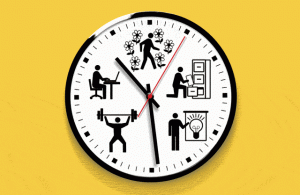
From the beginning of its birth, almost all living things follow an invisible clock to thrive. Body temperature, pulse, breathing… are all controlled by the “biological clock”.
You will wake up at one o’clock in the morning, you will be hungry when it is about to eat, and you will be sleepy in the middle of the night… The biological clock is like a pair of invisible hands, adjusting the physiological state of the human body.
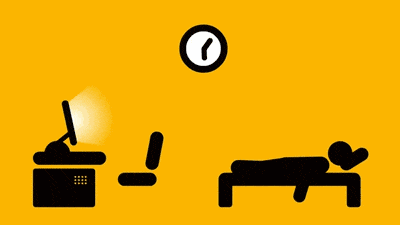
Interviewed experts
What kind of clock is an object clock?
The existence of the biological clock precisely controls our circadian rhythm. It can anticipate and regulate the physiological state to adapt to the different stages of daily life.
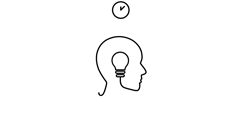
When our lifestyle is in opposition to the “timer” inside the body, such as staying up late for a long time, it will cause circadian rhythm disorders.
Researchers from the People’s friendship University of Russia found that there are 6 types of common biological clocks:
Early-rising type: the most awake in the morning, the level of alertness at noon drops to a moderate level, and at night it drops to a low level
Late-sleeping type: lack of wakefulness in the morning, rising to a medium level at noon, and rising to a high level at night;
Highly active type: sober throughout the day;
Daytime sleepiness type: very awake in the morning, drops to a low level at noon, and returns to a medium level at night;
Moderately active type: low activity levels throughout the day.
The biological clock not only affects work and rest
Irregular sleep, eating and other behaviors that change the circadian rhythm will affect the metabolism and cause related diseases.
The New England Journal of Medicine (NEJM) published a review that comprehensively explained the effects of circadian rhythms on the body.
Sleep disorder
Violation of “work at sunrise and rest at sunset” can easily cause rhythm disturbances. Sleep disturbance is the most typical manifestation.
If the work and rest days are different in work and rest, or long-term overtime or shift work, it will accumulate “jet lag” for the body. Studies have found that even one hour of change can cause health problems such as increased incidence of myocardial infarction and decreased human function.
Inflammation
A variety of inflammatory diseases show certain rhythm patterns, including skin allergic reactions, Streptococcus pneumoniae infection, inflammatory bowel disease, rheumatoid arthritis and so on.
Cardiovascular diseases
The occurrence of cardiovascular disease is also affected by circadian rhythm factors. For example, cardiovascular events such as myocardial infarction and aortic rupture are particularly high in the morning.

Due to the lack of water in the body in the early morning, the blood is concentrated and the blood viscosity increases, coupled with the slowing of pulse and heart rate, it is easy to form blood clots.
Abnormal blood sugar
Disrupt the rhythm of work and rest, and the organisms that secrete hormones will also be disrupted. Some hormones (cortisol, etc.) that cause blood sugar to rise may increase secretion, leading to increased blood sugar levels.
Neurodegenerative diseases and mental illness
Some studies have found that sleep disorders are related to neurodegenerative diseases such as Parkinson’s disease and Alzheimer’s disease.
In addition, light has always been considered as one of the factors of affective disorders. For example, the depression symptoms of some patients are related to seasonal factors (the length of sunshine).
Cancer
A large number of epidemiological and experimental studies have shown that circadian rhythm disorders are related to cancer. For example, the increase in night work may increase the risk of colorectal cancer and breast cancer; interference of the biological clock may also promote DNA damage and accelerate the progress of cancer.
Pinch point to “calibrate” your biological clock
Knowing your own biological clock type is more conducive to improving the quality of life and improving work efficiency. A good body should start from “acting in time”, follow biological rhythms, and spend every hour healthy.
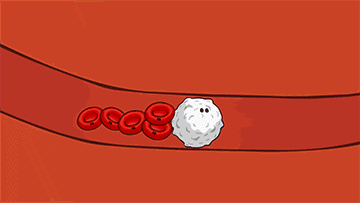
1~3 o’clock, deep sleep and liver nourishment
This time is the vigorous period of liver work, it is best to sleep soundly, it is recommended to fall asleep no later than 23:00.
Avoid emotional excitement before going to bed, do not drink too much water, so as not to get up at night affect rest.
5~7 o’clock, urination and kidney protection
At this time, the secretion of adrenal cortex hormones begins to increase, and kidney activity is strongest. Getting up early to urinate allows the kidneys to start their day’s work as soon as possible.
7~9 o’clock, breakfast is suitable
Gastrointestinal activities are more active during this period. It is recommended to eat some warm and easy-to-digest grains, such as millet porridge, oatmeal, etc.
9~10 o’clock, do important work
At this time, nerve excitability is strong, alertness is high, and attention is concentrated. It is the best time for thinking and suitable for the most important work.
From 12 to 14 o’clock, take a nap to soothe your nerves
Blood viscosity increases after lunch, making people more prone to sleepiness. It is best to take a nap half an hour after a meal and rest for 15 to 20 minutes, not more than 1 hour, and it is best to lie down and take a nap.
If you can’t take a nap, it is recommended to go outside for a little activity.
15~16 o’clock, relax appropriately
It is best for sedentary people to get up and walk around, drink some water and moderate meals.
17~18 o’clock, the most suitable for exercise
The body temperature rises steadily from the afternoon, which can play a similar role as a warm-up. The body temperature reaches its peak around 6 in the afternoon. At this time, the exercise effect is best. It is recommended to walk or jog for half an hour.
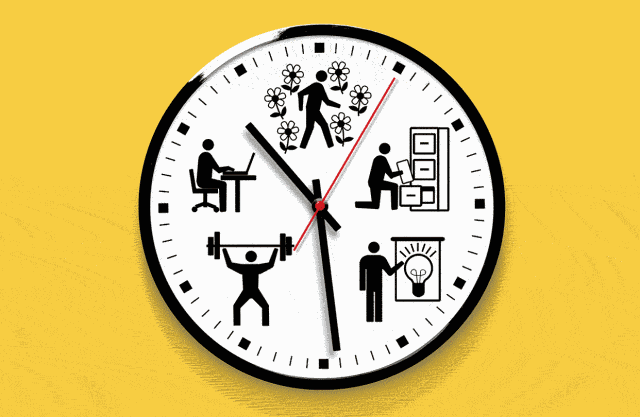
From 18 to 19 o’clock, dinner is full
Supper should not be too full, and take a walk after dinner. During this period, blood pressure fluctuates greatly, and people are easily agitated, especially to keep calm.
21~23 o’clock, ready to go to bed
During this time period, most of the physiological functions tend to be low. You can read or listen to music, relax your body and mind, and get ready for sleep.
“Pinch point” to calibrate one’s own biological clock, work and rest regularly, and eat regularly. Do the right thing at the right time, and your body won’t pay for your indulgence.
Comments